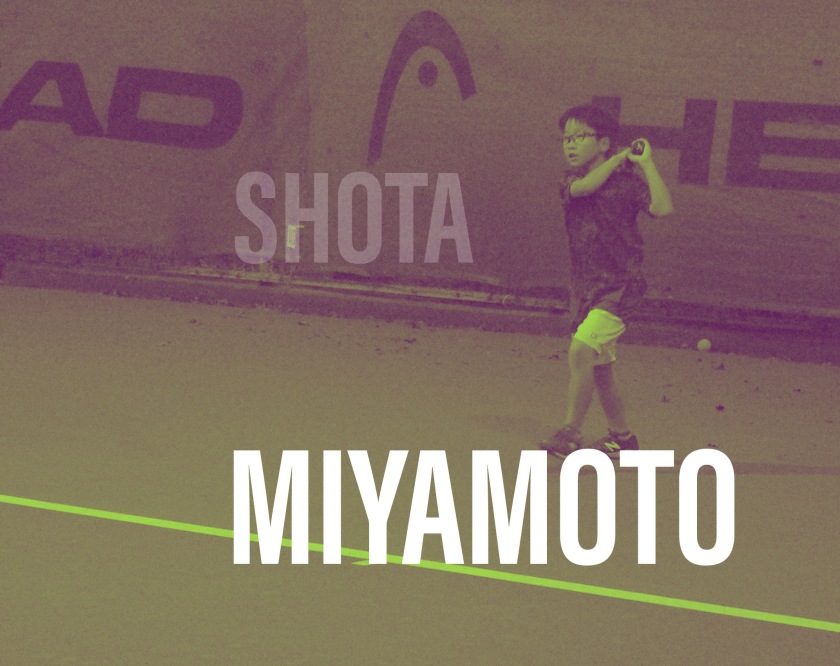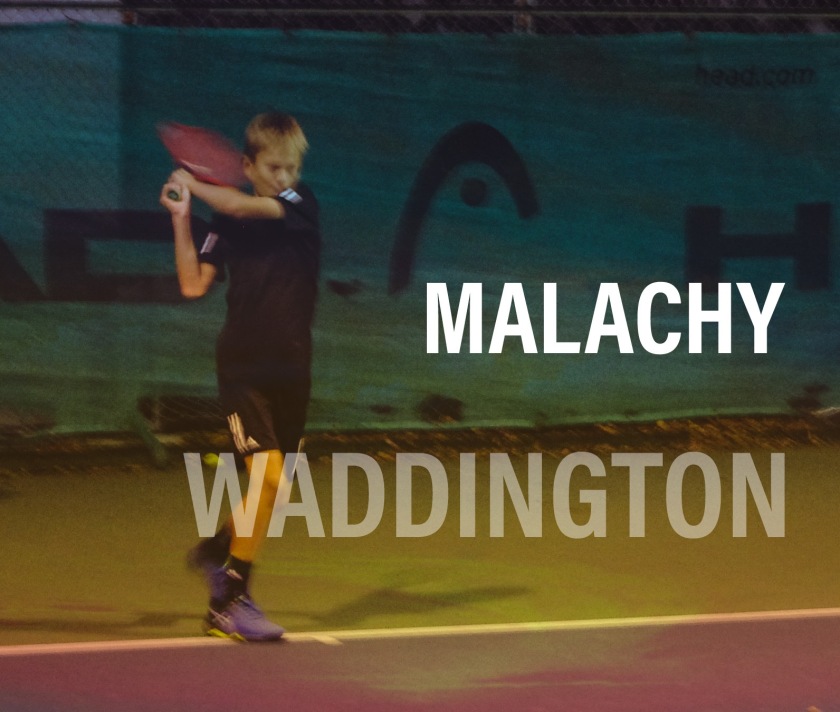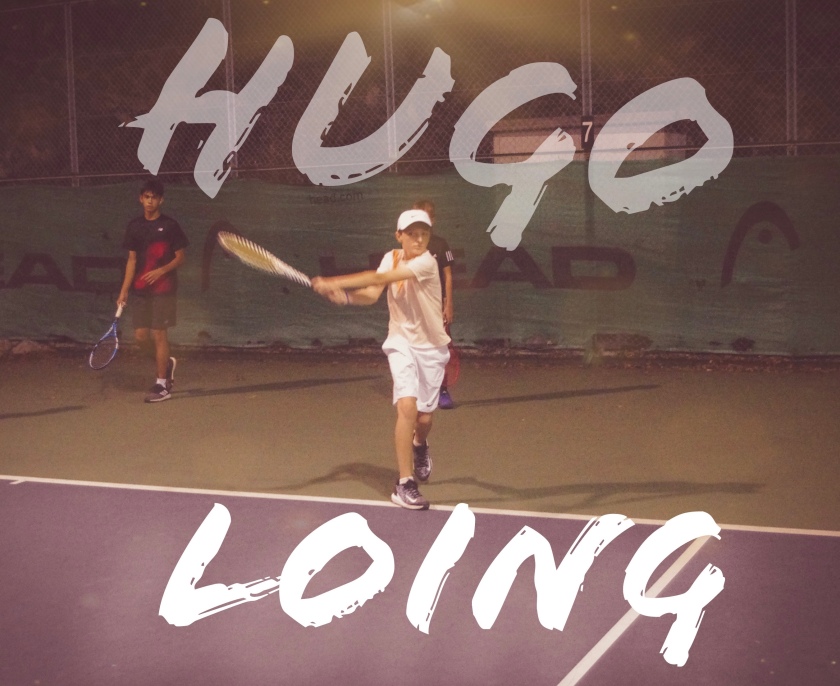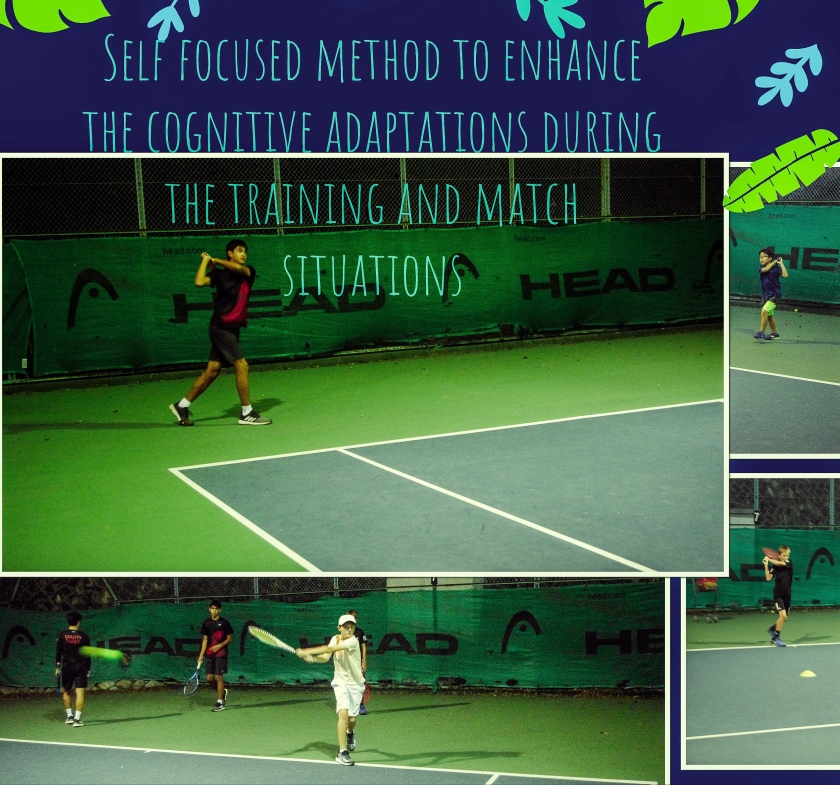Student-centred, self inquiry-based training method of consistent self development is encouraging self reflection on previous events, constructive collaboration between the athlete and his mentor and use of questioning to enhance decision-making, option creations and understanding of the process and game itself. Practices should be designed to develop training skills (which are the tools) while developing situational awareness and decision making (when to use those tools). The athletes should embrace the approach to the practice that can encourage more autonomy, responsibility and sense of self ownership over their own actions and decisions in order to be more reactive and self motivated individual.
 Self focused training approach is encouraging athletes to be completely aware of the demands of the situations to achieve a certain goal. They need to have an understand of their own capabilities which are on their disposal to overcome the task problem and achieve the goal of the practice task. Our athletes should be equipped with the abilities to make decisions independently of the coach having not just knowledge but to reflect on the experience in solving or decision making process in order to reconstruct the knowledge in situations when needed.
Self focused training approach is encouraging athletes to be completely aware of the demands of the situations to achieve a certain goal. They need to have an understand of their own capabilities which are on their disposal to overcome the task problem and achieve the goal of the practice task. Our athletes should be equipped with the abilities to make decisions independently of the coach having not just knowledge but to reflect on the experience in solving or decision making process in order to reconstruct the knowledge in situations when needed.
Self focused based approach is encouraging athletes into finding their strengths in their own capabilities using previous gained knowledge for the efficiency of dealing with the raising problem in hand and solving it. Problem solving practice (with mental and physical challenges and obstacles) demands both intellectual and physical adaptations, keeping the importance of the mind and body holistic approach to the training. High performance demands mind and body unity. Interaction between the body action and mind action which are expressed through creating the mental imagery of the action and then creating the neural instructions for muscular system.
Holism is a concept that sees the whole as the network of interconnection of its parts which can not exists independently of the network and their meaning can not be fully understood without the connection to the whole.
 Learning and development comes from the constant process of updating the current and creating new knowledge about the parts of the whole. This is what the whole (as in holistic) makes stronger and growing consistently. When previous knowledge is challenged and facing a new knowledge in combination with the previous and new experience, that’s when the athlete is fully adapting and creating him/herself a window of opportunity for further development.
Learning and development comes from the constant process of updating the current and creating new knowledge about the parts of the whole. This is what the whole (as in holistic) makes stronger and growing consistently. When previous knowledge is challenged and facing a new knowledge in combination with the previous and new experience, that’s when the athlete is fully adapting and creating him/herself a window of opportunity for further development.
By famous Swiss psychologist Piaget, learning begins with the disturbance of the cognitive equilibrium (current knowledge + experience) to which a person responds with the current cognitive capabilities (knowledge + experience) in order to maintain or to adapt to it, or create new cognitive equilibrium depending if the disturbance is relevant (important) for his/her further development.
By Piaget cognitive adaptations consists of adapting of this cognitive equilibrium through changes in the existing cognitive structures through process of assimilation and accommodation. Assimilation and accommodation are the continuous processes of adapting current cognitive structures in order to accept, interpret and use the information for creation of the newly improved cognitive equilibrium.
 Constantly challenging the current cognitive levels with the practices that are based on the new but very much related experiences is of high importance, as it enables the players to continue their own development. The newly build up experiences should relate to the previous ones as an athlete should feel that accepting them would contribute his further growth into the right direction. In this way, an athlete can assimilate the current cognitive capabilities or change the existing structures to accommodate the newly accepted knowledge.
Constantly challenging the current cognitive levels with the practices that are based on the new but very much related experiences is of high importance, as it enables the players to continue their own development. The newly build up experiences should relate to the previous ones as an athlete should feel that accepting them would contribute his further growth into the right direction. In this way, an athlete can assimilate the current cognitive capabilities or change the existing structures to accommodate the newly accepted knowledge.
Our athletes current cognitive equilibrium is a combination of the past experience and current learning new experience. Coaches should always provide new challenges through which the players can shape and strengthen their experience and knowledge of situation. Challenges should be based on creating a learning environment through variety of exercises that would alert the physical and mental awareness in order to motivate and engage our athletes on every day bases.
 Practice is meaningful if it can facilitate the transfer of practice to the match situation. Athlete’s own perception is interpretation of current events based on own personal experience. Our job as coaches is to shape the experience through practice as close as we can to the real time match situation. In this way we are training the abilities of our players to perceive the match situation events as efficient as possible.
Practice is meaningful if it can facilitate the transfer of practice to the match situation. Athlete’s own perception is interpretation of current events based on own personal experience. Our job as coaches is to shape the experience through practice as close as we can to the real time match situation. In this way we are training the abilities of our players to perceive the match situation events as efficient as possible.
Being too careful and having negative perspective on making mistakes at the practice will definitely limit the process of self correction and self problem solving. Mistakes should be encouraged as a constructive mean for the athletes to grow and to be more self dependent in the process of the self correction. Acceptance of the mistake as a process of growth will enable the athlete into taking more responsibility in controlling their emotions such are frustrations and anxiety and managing the process from mistake=frustration to mistake=correction. Athletes that are in fear of being embarrassed in a case of making errors should be taught of the positive aspects of making mistakes at the practice.

